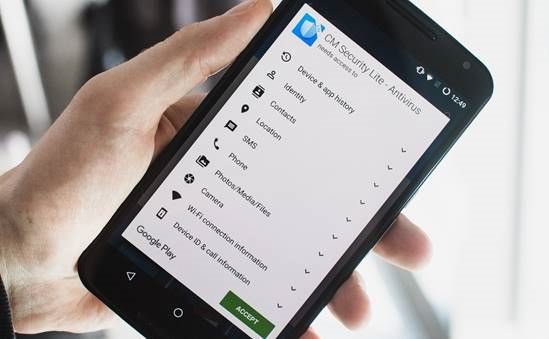





Alcatel takes a closer look at how app permissions work and why they are important.

Understanding app permissions and using them wisely can help improve your experience with your Android smartphone and protect your personal data from security threats. As the name implies, app permissions allow you to determine what an app on your smartphone may and may not do.
You can use app permission to restrict an app’s access to features and information on your smartphone such as:
Applications cannot automatically grant themselves permission to access your data or functions on your device – you must accept or deny each request for permission. Some apps will need access to certain functions to work properly – for example, Uber needs your location so the driver can find you, and Instagram needs permission to access your camera and storage for your pictures.
The first time you install an app on your smartphone running Android 6.0 or later, it will usually request permissions to use features on your phone. For some others, Google Play shows you all the permission groups an app will be able to access before you install. This can help you decide whether you want to install the app.
When you trust the app, you can grant it access to the features it requests to work. If you are less sure about why the app needs the feature or data, you can deny it access. Why should an online app request access to your contacts, a game access to your health data, or a flashlight app access to your microphone? As a precaution, deny access to data and phone features when it will not impact on your experience with the app.
Refusing permissions to dodgy apps is one way to keep your phone and data safe from malicious applications, and to keep your private data being collected for marketing and other purposes.
Remember, you can always go back to the Apps & Notifications page in the Android Settings menu to toggle permissions by app, if you change your mind about the permissions that you’ve enabled for a specific app.